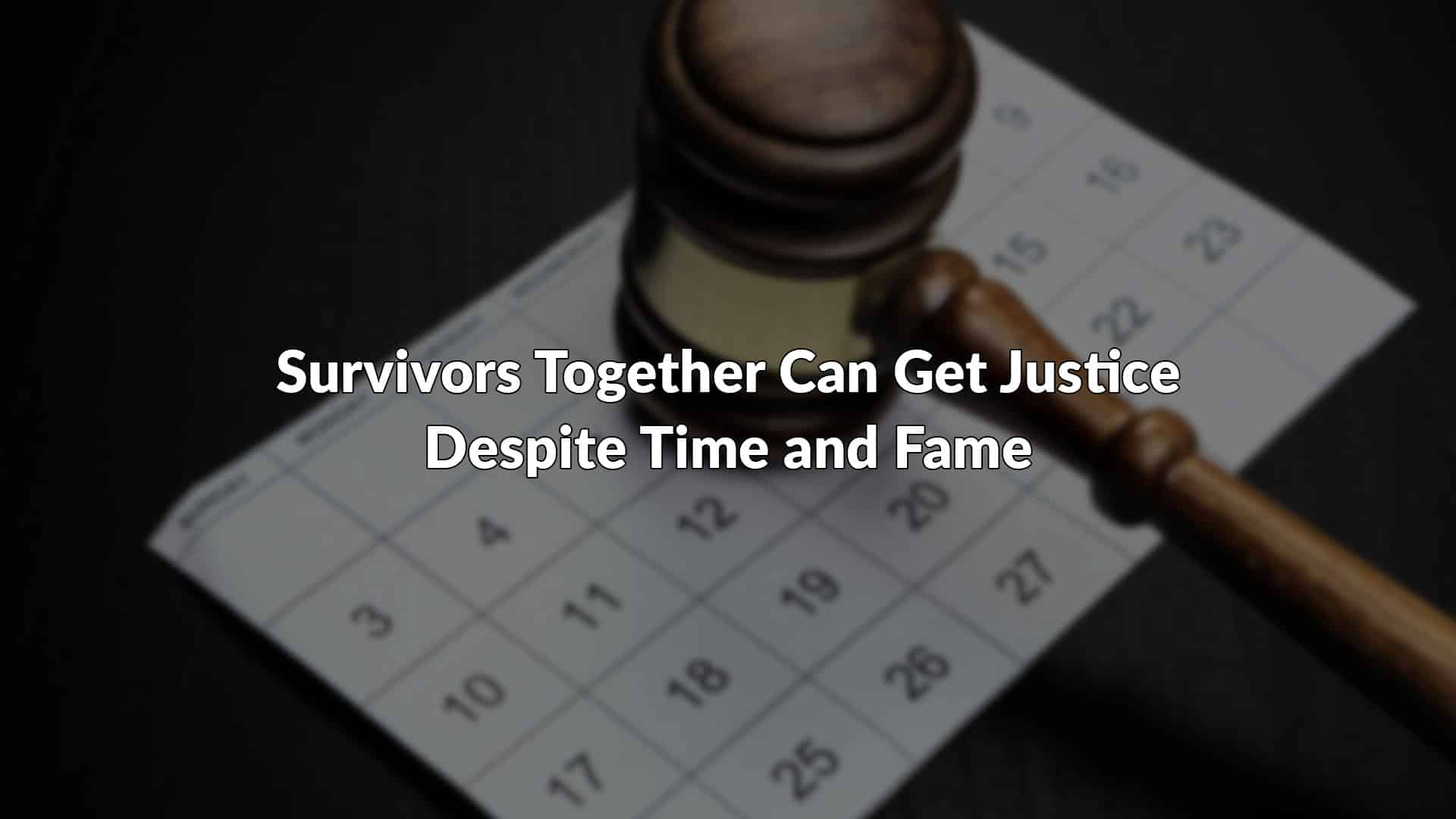On June 18, 2018, New York Senator Kirsten Gillibrand hosted the National Survivor Network (“NSN”) at the U.S. Capitol, a trafficking survivor leadership program of the Coalition to Abolish Slavery & Trafficking (“CAST”), to discuss the ongoing push towards protective expungement and vacatur laws, and how the Department of Justice’s Office for Victims of Crime (OVC) may impose funding restrictions on representation related to those issues. Launched by CAST in 2011, the NSN seeks to “foster connections between survivors of diverse forms of human trafficking and to build a national anti-trafficking movement in which survivors are at the forefront and recognized as leaders.” Survivor members of the NSN come from 24 countries and 38 states in the U.S., as well as three Canadian provinces. Panelists, comprised of trafficking survivors from wide-ranging backgrounds, experiences, and insights, advocated for pending legislation meant to protect all victims of human trafficking: the Trafficking Survivors Relief Act of 2017 (S. 104/H.R. 459). In addition to exungement and vacatur laws, the NSN touched on key issues the reauthorization of the Trafficking Victims Protection Act (TVPA), access to justice, and complex, trauma-informed service availability for survivors.

Shamere McKenzie is a sex trafficking survivor with a felony conviction stemming from crimes she committed as a direct result of being trafficked. In the panel, Shamere emphasized that trafficking is extremely complex and should not be looked at as a “black and white” issue. While it is easy for community members to understand the “physical captivity” of trafficking, it is the “mental enslavement” that is tougher to grapple with and reconcile as observers. Not only does Shamere face her literal conviction by the justice system, but the additional “conviction” of the numerous barriers faced as a trafficking victim with a criminal record. Shamere mentioned the “invisible bars that are barriers to restoration;” while she was granted a scholarship to attend Loyola University in Chicago, she was unable to secure an apartment for over three months, not because she could not afford one, but because she could not pass a background check due to her criminal record.
Nat Paul is a transgender survivor of “survival sex trafficking,” where she was bribed with hormone medications to engage in commercial sex. Nat describes working with youth in the LGBTQ+ community, who are abused and abandoned by families, living on the streets and having to do whatever is necessary just to survive each day. She discussed how, despite the abuse she sustained, she is still “privileged” as a white victim, provided with services that minorities in the transgender community would not have been given, especially those who are HIV+.
It is stories like Shamere’s and Nat’s and other survivors within the NSN that necessitates the passing of the Trafficking Survivors Relief Act. Building on laws already present in states including New York, Arizona, Florida, Maryland, and Washington, the bill would remove from criminal records offenses committed as a direct result of being a human trafficking victim. Not only do these records serve as barriers to obtain housing, but can impact a survivor’s ability to obtain employment and education opportunities, and can prevent a foreign-born victim from attaining lawful immigration status. Three key provisions of the bill provide: a person convicted of any non-violent offense(s) committed while trafficked may petition to have those convictions vacated; if the court does grant the vacatur motion, the court must then enter a judgment of acquittal, and expunge the victim’s record; and the victim’s identifying information and images would be protected from being publicly revealed or displayed by law enforcement. Data provided by the NSN shows why this bill must be passed: of 130 trafficking survivors surveyed, 90.8% reported being arrested at some point. Over 40% reported being arrested over nine times. While a majority (over 65%) reported being arrested for prostitution charges, 40% were also arrested on drug sale charges, and 60% for “other crimes,” oftentimes stemming from an officer running a license check on a victim and discovering lack of, or expired insurance.
Unfortunately, the OVC recently restricted use of Trafficking Victims’ Protection Act funds for vacatur and expungement representation. Today, most representation for trafficking victims comes from attorneys at firms with pro bono practices, and the United States government approves just five total grants annually to legal service providers working with trafficking victims. Considering the complex trauma experienced by trafficking survivors, healing-informed and specially-trained lawyers are needed to obtain justice for survivors. It is essential that this funding restriction is immediately removed from the Fiscal Year 2018 Comprehensive Services for Victims of All Forms of Human Trafficking request for proposals.
Matthew Reiter is a 3L at American University’s Washington College of Law, and hopes to pursue a career in immigration or public interest law, with a focus on human trafficking.



